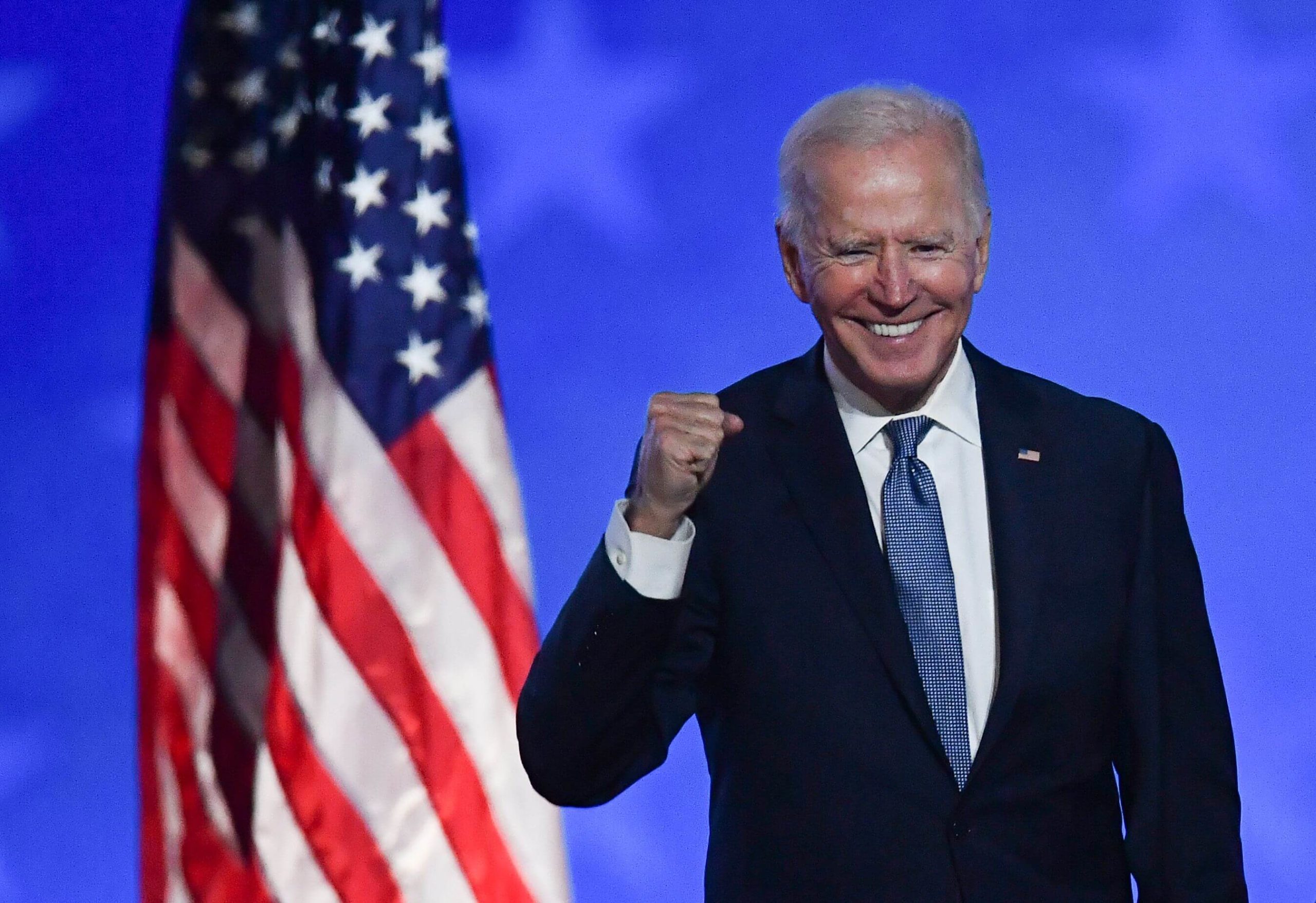
Biden Wins Presidency, Ending Four Tumultuous Years Under Trump
In a sign of how much Mr. Trump alienated traditional Republicans, a number of prominent members of the party endorsed Mr. Biden’s candidacy, including Cindy McCain, the widow of former Senator John McCain; the party’s other two presidential nominees this century, George W. Bush and Mitt Romney, declined to endorse Mr. Trump.
Yet for all his lofty language about uniting the country, Mr. Biden was a halting candidate who ran a cautious campaign, determined to ensure that the election became a referendum on Mr. Trump. The former vice president fully returned to the campaign trail only around Labor Day, and for weeks he limited his appearances to one state every other day or so. He went west of the Central time zone just once during the general election.
As he prepares to take the oath, he will return to Washington confronting a daunting set of crises. Mr. Biden will be pressed to swiftly secure and distribute a safe vaccine for the coronavirus, revive an economy that may be in even more dire shape in January than it is now, and address racial justice and policing issues that this year prompted some of the largest protests in American history.
And he will do so with a Congress that is far more polarized than the Senate he left over a decade ago, with many Republicans having embraced Mr. Trump’s nativist brand of populism and Democrats increasingly responsive to an energized left. If Mr. Biden cannot bridge that divide as president and elicit some cooperation from the G.O.P., he will face immense pressure from his party’s progressive wing to abandon conciliation for a posture of combat.
Mr. Biden has held out hope about working with Republican lawmakers while declining to support his party’s most ambitious goals, like single-payer health care and the Green New Deal; he has resisted structural changes such as adding justices to the Supreme Court.
This irked his party’s base but made it difficult for Republicans, from Mr. Trump down the ballot, to portray him as an extremist. Mr. Biden was largely absent from the appeals of G.O.P. candidates, who instead used their advertising to insist that the Democratic Party would be in the hands of more polarizing figures on the left such as Senator Bernie Sanders.
Unlike the last two Democrats who defeated incumbents after voters tired of Republican leadership, Jimmy Carter and Bill Clinton, Mr. Biden will not arrive in the capital as a youthful outsider. Instead, he will fill out a Democratic leadership triumvirate, which includes Speaker Nancy Pelosi and Senator Chuck Schumer, of lawmakers who are 70 or older.

